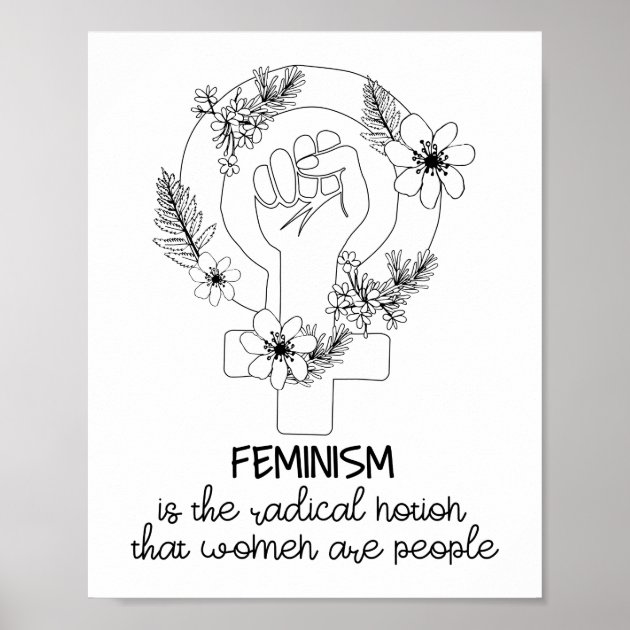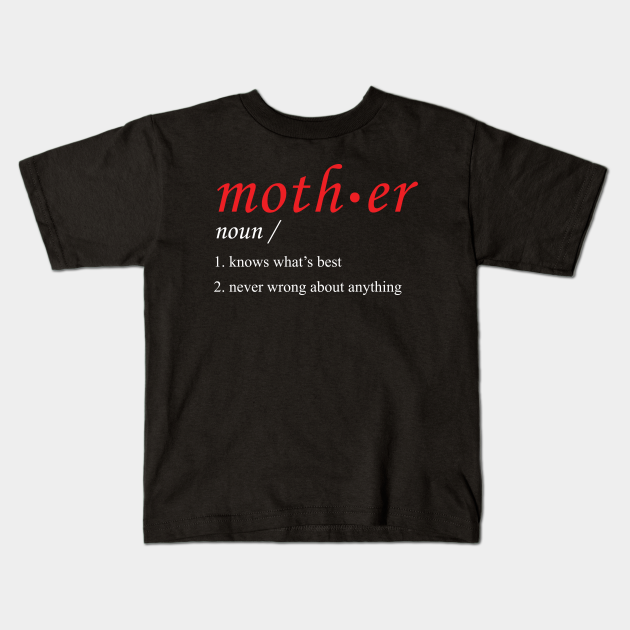


Ultimately, it is how we manage – and adapt to – these circumstances that defines our health status. Every person is exposed to a unique selection of beneficial and adverse circumstances over the life course. There is a level of health that each of us can aspire to attain. Thanks to medical advances and disease management, the concept of health now encompasses more than traditional definitions encapsulate. This echoes the concept of resilience, which has been defined as ‘the capacity for populations to endure, adapt and generate new ways of thinking and functioning in the context of change, uncertainty or adversity’. They propose shifting the emphasis of health towards the ability to adapt and self-manage in the face of social, physical and emotional challenges. suggest that, owing to our ageing population and the increasing focus on management of communicable diseases, this definition is no longer fit for purpose. When the WHO defined health in 1948, it was revolutionary in its notion that health means more than the absence of disease. It doesn’t allow the individual to define their own health, and their own health goals. In effect, it could imply that no one is ‘healthy’ any of the time, and everyone needs some level of treatment for any given condition. It allows a platform for industry, medical technologies and professionals to redefine our health status. This, they suggest, inadvertently contributes to the ‘over-medicalisation’ of the population. Huber and colleagues suggest that the problem with the WHO definition is the absoluteness of ‘complete’ wellbeing. And we may even experience the two states at the same time. In our lifetimes, we all experience periods of good and bad health. This would mean that there is not a binary ‘healthy’ or ‘unhealthy’ state, but rather a spectrum. Perhaps infirmity and disease can coexist with health.

But does that make them unhealthy? Health: all or nothing? These people are clearly not in a state of complete physical wellbeing. But how accurate is this? Consider a person who has diabetes and manages it with medication, or someone who has back pain that they manage with physiotherapy. The World Health Organization (WHO) defines health as ‘a state of complete physical, mental and social wellbeing and not merely the absence of disease or infirmity’. use fantasy and phantasy, in spite of their identity in sound and in ultimate etymology, tend to be apprehended as separate words, the predominant sense of the former being ‘caprice, whim, fanciful invention’, while that of the latter is ‘imagination, visionary notion’.It may seem an obvious question: ‘Do you know what “health” means?’ But there is much debate over the definition. After the revival of Greek learning, the longer form was often spelt phantasy, and its meaning was influenced by the Gr. The shortened form fancy, which apparently originated in the 15th c., had in the time of Shakespeare become more or less differentiated in sense. into Eng., together with others (as delusive fancy, false or unfounded notion, caprice, etc.) which had been developed in late L., Romanic, or Fr. the mental process or faculty of sensuous perception 3. The senses of ϕαντασία from which the senses of the word in the mod. 4–7 fantasi(e, -ye, -azie, -aisie, -aysie, -esi(e, -esy(e, -essy, (5 fantsy, fayntasie, feintasy), 5–6 fantosy, 6–7 fantacie, -y, 4– fantasy.


 0 kommentar(er)
0 kommentar(er)
